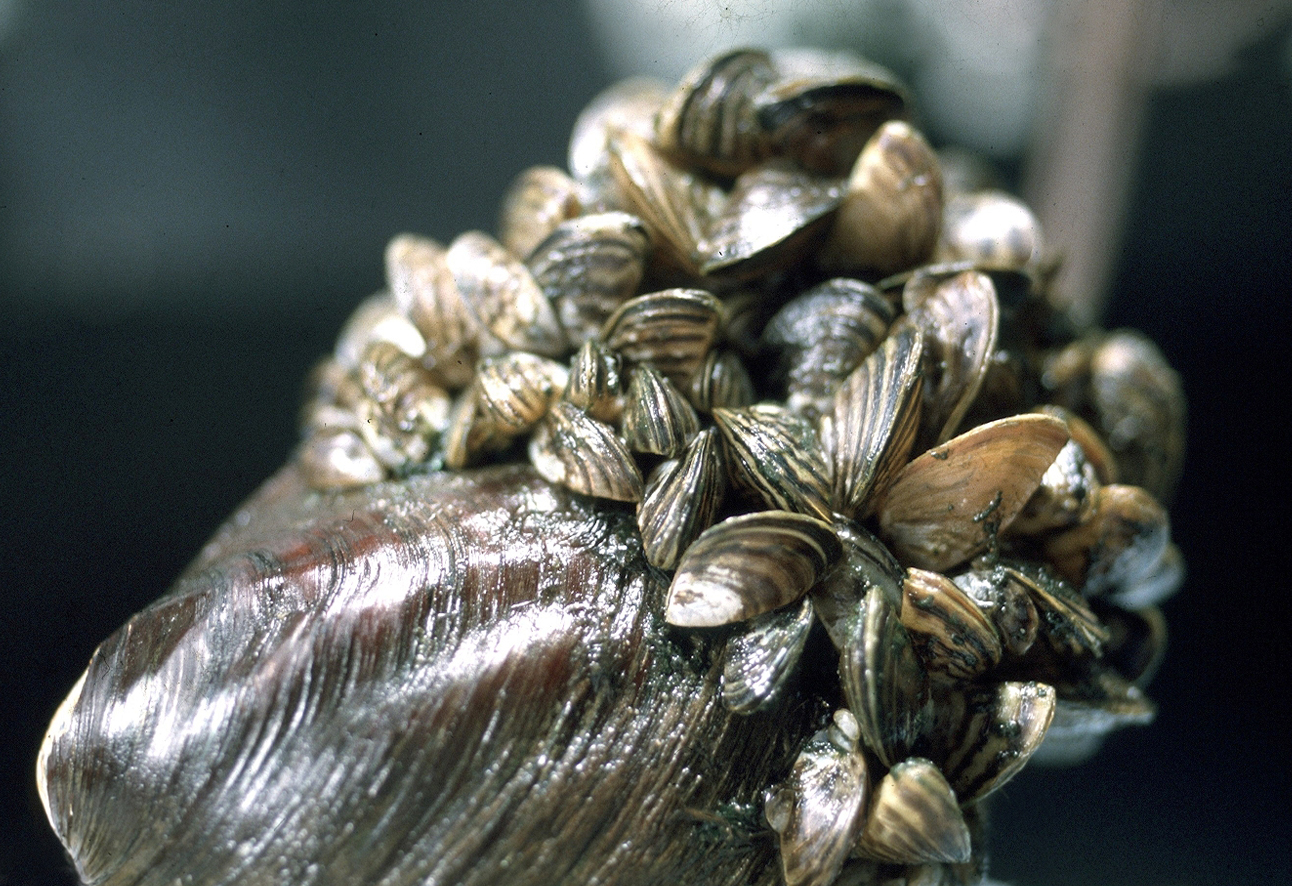Invasive mussels detected on aquarium moss balls, again
For the second time in four years, invasive zebra mussels have been found hiding in a popular aquarium accessory in Washington State.
The Washington Department of Fish and Wildlife confirms that on Monday, August 5th, 2024, invasive freshwater zebra mussels were found in a shipment of Marimo moss balls. These decorative algae are commonly used in aquariums and water gardens.
They were discovered by an aquarium wholesaler in Renton Washington.
“It’s that kind of keen eye that will help ensure this invasive aquatic species is kept out of B.C. and Washington, preventing catastrophic damage to the environment, key infrastructure and the economy. Quagga and zebra mussels can clog pipes and mechanical systems. The costs of trying to manage them once they’ve established adds up to millions each year,” said Gail Wallin, Executive Director, Invasive Species Council of BC.
This kind of contamination is not a first. An internationally coordinated response impacting 41 states and nine Canadian provinces was triggered when invasive mussels were detected in aquarium moss balls in Washington State back in 2021.
The Province is working closely with U.S. and Canadian provincial and federal counterparts to gather more information and to determine the next steps.
Wallin says we all have a role to play in keeping this aquatic invasive species out of B.C.
“Never release plants or animals into the wild, and avoid dumping aquarium or water garden debris into rivers, streams, lakes or storm sewers. If you can no longer care for your pet goldfish or your pet turtle, re-home it – these pets and the contents of your aquarium will devastate the natural places we all love.”
While the focus in this case is on zebra mussels, other aquatic invasive species are causing serious damage in B.C. waters – some of which started as pets or plants in water gardens and aquariums. For example, goldfish released by pet owners can grow to the size of footballs outside the tank.
They are known to reduce food sources and cause habitat loss for local species. Always practice Don’t Let it Loose to prevent the introduction and spread of invasive species like these.
For details on moss ball decontamination procedures and provincial reporting information, visit: https://www2.gov.bc.ca/gov/content/invasive-mussels/moss-balls-disposal

























